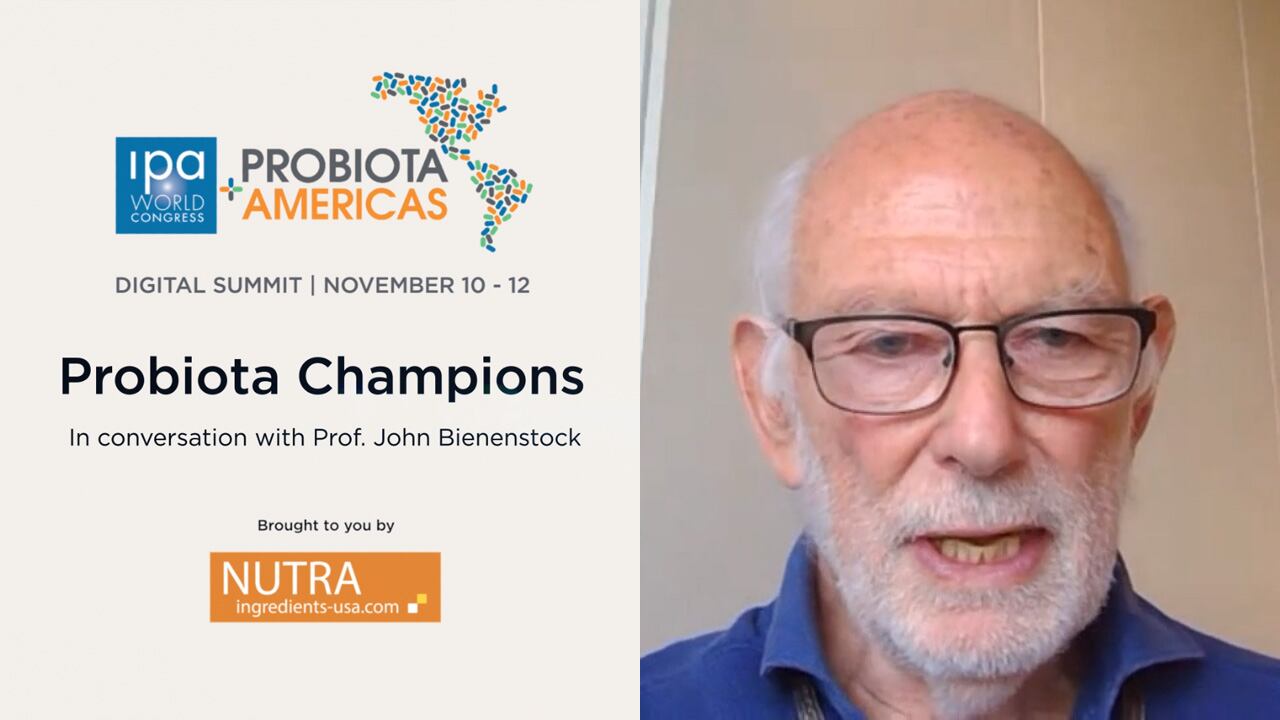In a wide-ranging interview with NutraIngredients-USA for its recent Probiota Americas Probiota Champions video series, Dr Bienenstock explained that a significant gap between the experimental and clinical data for the gut-brain axis.
“There is insufficient evidence in my view to absolutely and without question to promote the effects of probiotics, or for that matter specific treatments of the gut microbiome to either [mental and cognitive] health or disease,” said Dr Bienenstock, who is distinguished university professor at McMaster University in Canada, and Director of The Brain Body Institute (BBI).
He continued: “There are little bursts of light here and there that in fact promote the idea that that can occur, but to extrapolate it and expand it to the full connection is unavailable at the moment.
“Maybe because of the complexities on both sides – that is the microbiome complexities, what the bacteria make, the interactions that occur, the multiplicity of pathways involved have been very difficult to chase down. It’s too complicated to support the assertion that it is definite and that you know how to manipulate it. I think that’s the state of the art.
“There is some evidence that you can potentially regulate the HPA axis in terms of anxiety and stress, but to take that it into the complexity of major depression and autism, can you seriously recommend probiotics or other bacterial approaches to treatment is just off the horizon at the moment.
“However, is it still an exciting possibility and is it receiving the appropriate intensity of investigation? I think the answer is yes… As always, finding information in the mouse and trying to translate it to man is tough and has often failed. But it would be wrong to say there is no beginnings of information that actually support the general hypothesis.”
To watch the full interview, please click below.





